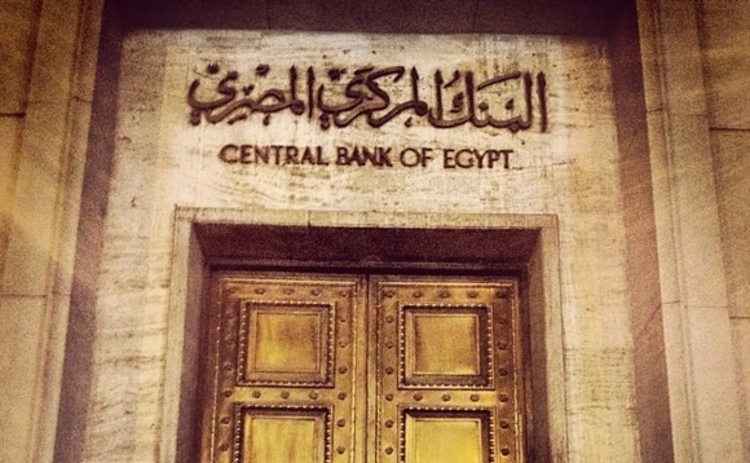African Central Banks including Kenya, Nigeria and Egypt sent mixed signals on interest rates amid rising inflation on the continent.
Egypt Surprise Interest Rates Decision
The Central Bank of Egypt (CBE) retained interest rates in a surprise move, as the North African country continue to confront inflation resulting from a series of currency devaluation, this according to a Reuter’s poll.
The bank’s monetary policy committee (MPC) kept its overnight deposit rate, overnight lending rate and the rate of the main operation at 16.25 per cent, 17.25 per cent and 16.75 per cent, respectively.
“The MPC decided to maintain key policy rates unchanged in today’s meeting in order to assess the impact of the implemented front-loaded tightening policies in a data-driven manner,” MPC said in a statement.
The Central Bank increased rates by a larger-than-expected 300 bps at its last meeting on December 22 compared to a 200 basis points raise at a surprise meeting on October 27, 2022, when it also announced a staff-level agreement with the International Monetary Fund for a $3 billion financial rescue package.
Noaman Khaled an economist with the NBK noted that it is paramount for the CBE to act before the inflation print comes out next week which he anticipates to be at around 23-24%.
Egypt has allowed its currency to depreciate by nearly 50% over the last year, with the official rate of the pound now at 30 to the dollar this, as the annual inflation rose to a five-year high of 21.3% in December from 18.7% in November last year.
Kenya Retains Interest Rates amid Economic Transition
Meanwhile, the Central bank of Kenya during its first Monetary Policy Committee meeting this year held on Monday January, 26 retained the base lending rate at 8.75% on account of slowing inflation.
In a statement, the Central Bank of Kenya noted that further tightening of the monetary policy in November 2022 to anchor inflation pressures were still transitioning in the economy.
On its part the MPC expects the move to be complimented by the recently announced measures by the government to allow limited duty-free imports on specific food items, in order to moderate food prices and further ease domestic inflationary pressures.
In light of this decision Kenyans are likely to be spared from further hikes on bank loans as well as reduce the government’s cost of local borrowing.
Nigerians to pay more for loans
Elsewhere the Central Bank of Nigeria (CBN) raised the monetary policy rate from 16.5 percent to 17.5 percent to rein in inflation.
According to official data, Nigeria’s inflation rate fell slightly from 21.47 percent to 21.34 percent in December 2022.
Ripple Effect Globally
Central banks around the world have revised their benchmark borrowing rates upwards after the US Federal Reserve raised interest rates by 25 basis points in its first policy decision of 2023. The moved pushed interest rates in the US to their highest point since the 2008 financial crisis.
In Britain, the Bank of England also raised interest rates by 0.5 per cent to 4 per cent as, as UK battles high inflation.

